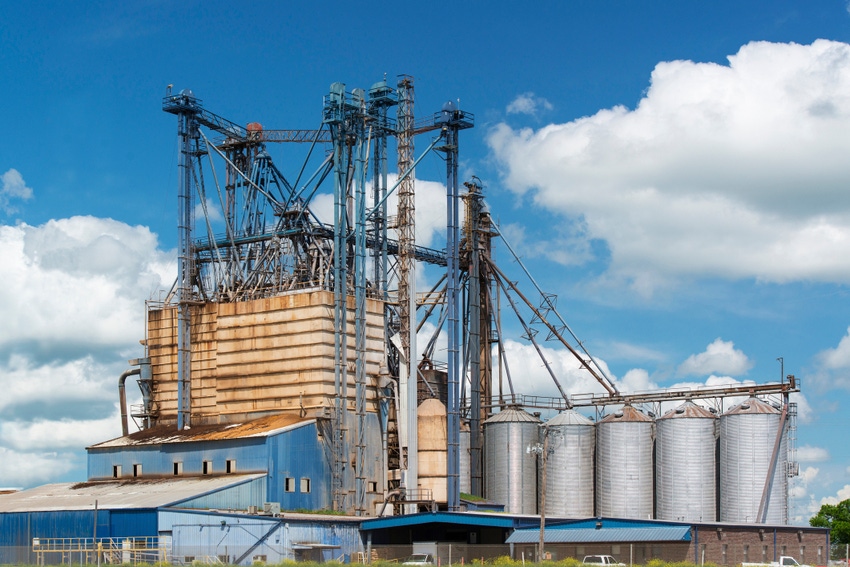Updated guidance provides recommendations for how facilities can better set up on-site biosecurity program.
January 31, 2019

In light of the recent outbreaks of African swine fever (ASF) and other animal diseases, the American Feed Industry Assn. (AFIA) has been working on a multipronged action plan to: research science-based solutions for mitigating the risks of virus transmission through feed and communicate any new information and recommendations to the industry and producer groups.
As part of this effort, AFIA announced Jan. 31 that it has released an updated version of its biosecurity guidelines.
“AFIA’s biosecurity guidelines were originally written to help safeguard manufacturing facilities following [the terrorist events of Sept. 11, 2001] but were always meant to serve as a ‘living document’ that could be updated based on what we know about new and emerging threats,” said Dr. Paul Davis, AFIA director of quality, animal food safety and education. “While some threats aren’t at the back door yet, it doesn’t mean we can leave the door unlocked. Our industry must be vigilant about continually improving its biosecurity programs for the protection of animal and human health.”
AFIA said it has been closely coordinating with representatives from the pork industry, government and academia for the past several months to update the biosecurity guidelines based on new information regarding how viruses can potentially spread throughout the feed manufacturing process.
The updated guidance provides recommendations for how facilities can better set up an on-site biosecurity program, more thoroughly evaluate and verify their suppliers, work with their shippers and train on and communicate best practices to all facility personnel and visitors, AFIA said.
Of note, the updated guidance also includes a definition for “biosecure,” given that there is currently no regulatory definition for the term, yet many segments of the industry have been requesting to source products only from biosecure facilities.
Apart from updating the industry’s biosecurity guidelines, AFIA said it is also working with its public charity, the Institute for Feed Education & Research, on supporting research in this area. One such project is aimed at analyzing potential risk mitigation measures and testing the effectiveness of proposed holding times for feed specifically in response to the recent ASF outbreaks. South Dakota State University is leading this research project, which is being co-funded with the Swine Health Information Center. The project partners should have preliminary results for review later this year.
You May Also Like



